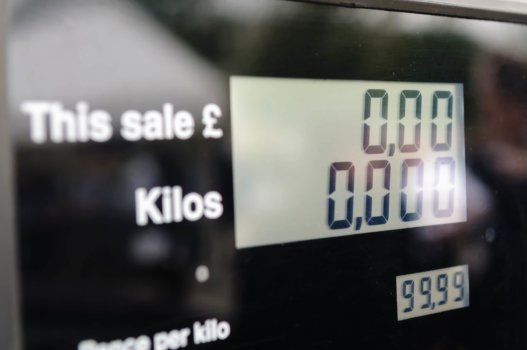A new report published today by the Hydrogen Council titled Path to Hydrogen Competitiveness: A Cost Perspective, reveals that the cost of hydrogen solutions will fall sharply within the next decade.

As scale up of hydrogen production, distribution, equipment and component manufacturing continues, cost is projected to decrease by up to 50% by 2030 for a wide range of applications, making hydrogen competitive with other low-carbon alternatives and even conventional options.
“2020 marks the beginning of a new era for energy: as the potential for hydrogen to become part of our global energy system becomes a reality, we can expected fewer emissions and improved security and flexibility,” said Benoît Potier, Chairman and CEO of Air Liquide and Co-chair of the Hydrogen Council.
“A clean energy future with hydrogen is closer than we think, because the industry has been working hard on addressing key technology challenges. This report shows the path forward to scale-up to fully achieve hydrogen competitiveness and deliver the decarbonisation we urgently need.”
The study is based on real industry data, with 25,000 data points gathered and analysed from 30 companies. The data was collected, and analytical support provided by McKinsey & Company represents the entire hydrogen value chain across four key geographies – US, Europe, Japan/Korea and China.
The report was also reviewed by an independent advisory group comprised of recognised hydrogen and energy transition experts.
“Based on real life cost data from the industry, the analysis shows that a number of hydrogen solutions can become competitive until 2030 already,” says Bernd Heid, Senior Partner at McKinsey & Company.
“Out of 35 use cases analysed, at-scale hydrogen can be the lowest cost low-carbon solution in 22 use cases – such as in the steel industry and heating for existing buildings. And it can beat fossil-based solutions at scale in nine use cases – for example in heavy-duty transport and trains.”
The report shows that significant cost reductions are expected across different hydrogen applications. For more than 20 of them, such as long-distance and heavy-duty transportation, industrial heating, and heavy industry feedstock, which together comprise roughly 15% of global energy consumption, the hydrogen route appears the decarbonisation option of choice.
According to the report, this cost trajectory can be attributed mainly to scale-up that positively impacts the three main cost drivers:
Strong fall in the cost of production low carbon and renewable hydrogen
Lower distribution and refuelling costs thanks to higher load utilisation and scale effect on infrastructure utilisation
Dramatic drop in the cost of components for end-use equipment under scaling up of manufacturing
To deliver on this opportunity, support policies will be required in key geographies, together with investment support of around $70bn in the lead up of 2030 in order to scale up and achieve hydrogen competitiveness.
While this figure is sizable, it accounts for less than 5% of annual global spending on energy. For comparison, support provided to renewables in Germany totalled at approximately $30bn last year.
“The Hydrogen Council believes that the report’s findings will not only increase public awareness about the potential of hydrogen to power everyday lives, but also debunk the myth that a hydrogen economy is unattainable due to cost,” said Euisun Chung, Executive Vice Chairman of Hyundai Motor Group and Co-chair of the Hydrogen Council.